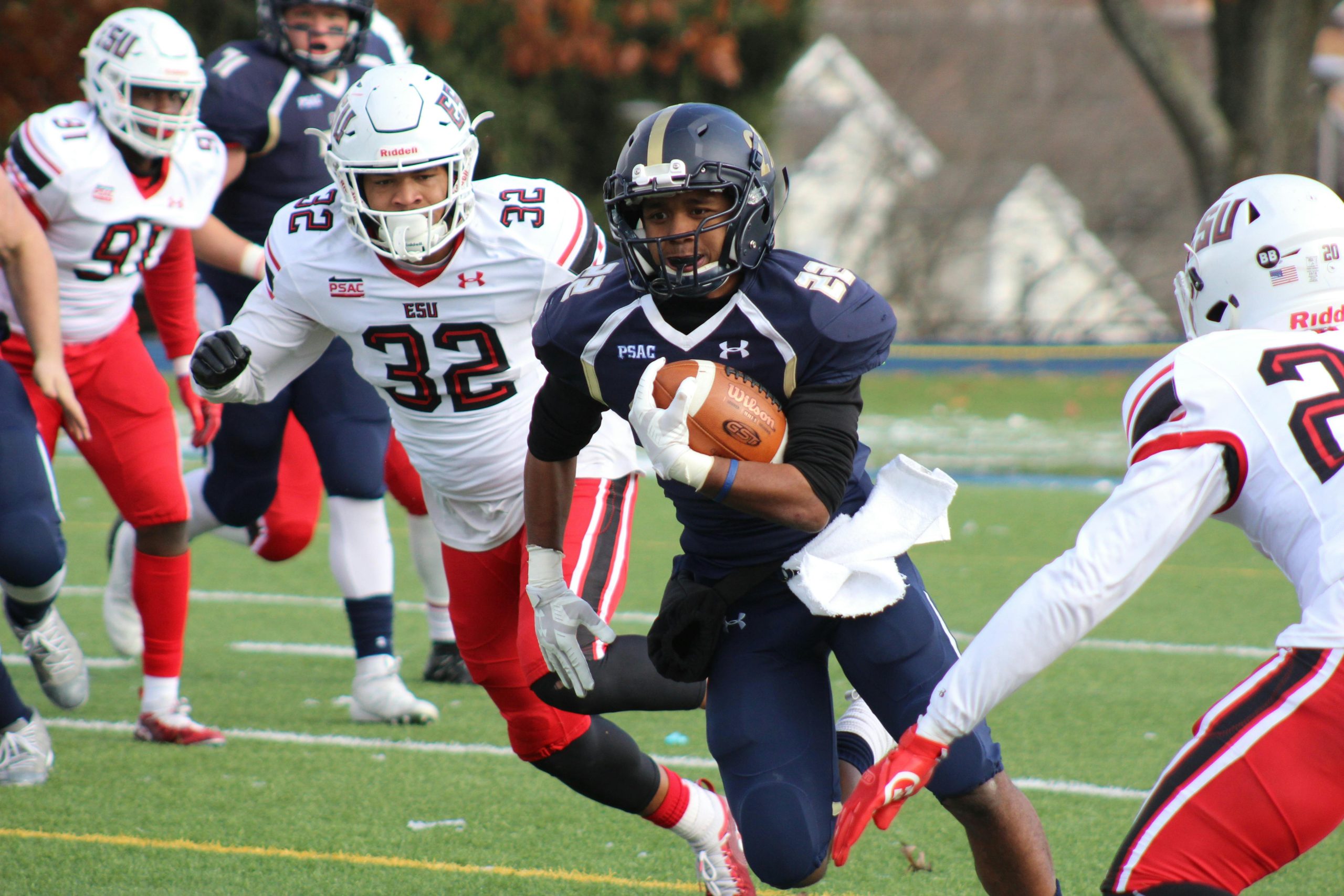As we look ahead to 2025, California’s sports betting market remains a tantalizing prospect for operators and a complex puzzle for legislators.
Recent legal rulings and the upcoming 2024 presidential election could significantly shape the Golden State’s betting future, says Mike Epifani, a gambling expert with industry website Bonus.com.
The Supreme Court’s decision in West Flagler Associates v. Haaland, which upheld the Seminole Tribe’s online betting monopoly in Florida, has energized California’s tribal gaming entities. By 2025, we may see a concerted effort by the state’s 110 federally recognized tribes to push for a similar model.
Mark Macarro, Pechanga tribal chairman, was quoted by ESPN saying: “This affirms the sovereign and legal rights of tribes with regard to the future sports wagering market.” It’s a sentiment that could translate into a unified tribal front in California.
Potential Market Structure
- Tribal-Led Online Betting: Following Florida’s model, California might implement a system where bets placed anywhere in the state are considered valid if processed on tribal servers.
- Limited Commercial Partnerships: While tribes may partner with established sportsbooks, they’re likely to retain majority control and revenue share.
- Retail Sportsbooks: On-reservation betting could expand, potentially including sports lounges at tribal casinos.
Legislative Hurdles
California’s constitution requires voter approval for gambling expansions. A new tribal-backed initiative, learning from the failures of 2022’s Propositions 26 and 27, could appear on the 2024 or 2026 ballot.
The 2024 Election Factor
The presidential election outcome could influence federal policy on tribal gaming:
- A Republican victory might lead to reduced federal oversight, potentially accelerating state-level negotiations.
- A Democratic win could result in stronger federal involvement in tribal gaming compacts.
Revenue Projections
If legalized, California’s sports betting market could quickly become the nation’s largest. Conservative estimates suggest annual revenues of $3-4 billion, with the state potentially collecting over 50% in taxes and fees.
Challenges Ahead
- Inter-Tribal Negotiations: With 110 tribes, revenue sharing agreements will be complex.
- Commercial Opposition: National sportsbooks may lobby against a tribal monopoly.
- Responsible Gaming: Implementing robust problem gambling measures will be crucial.
Industry Adaptation
Commercial operators are pivoting their strategies. As FanDuel CEO Amy Howe told ESPN, “It’s critical for us to do this together and not against one another.” By 2025, we might see more collaboration between tribes and commercial entities.
Members of the Newport Beach Magazine were not involved in the creation of this content.



